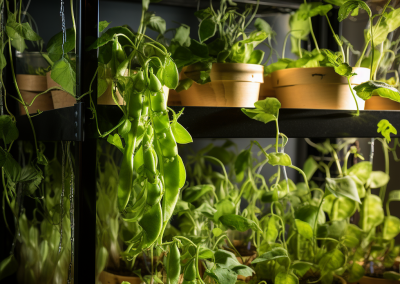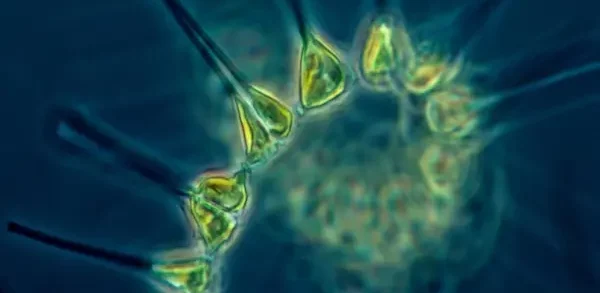Paco Calvo
Director, MINT Lab
Paco Calvo is a renowned cognitive scientist and philosopher of biology, known for his groundbreaking research in the field of plant cognition and intelligence. He is a professor at the University of Murcia in Spain, where he leads the Minimal Intelligence Lab (MINT Lab), focusing on the study of minimal cognition in plants. Calvo’s interdisciplinary work combines insights from biology, philosophy, and cognitive science to explore the fascinating world of plant behavior, decision-making, and problem-solving. By investigating the complex interactions and adaptive responses exhibited by plants, Paco Calvo has significantly contributed to our understanding of cognition beyond the animal kingdom, challenging conventional perspectives on intelligence and mental capacities.
Contact
fjcalvo@um.es
+34 (868) 88-7752

Paco’s Book

Paco’s News
Paco’s Videos
Paco’s Key Publications
Paco’s Events
Soft, Green, and Ecological: Merging Plant-Inspired and Ecological Robotics
Soft, Green, and Ecological: Merging Plant-Inspired and Ecological Robotics
Join Paco for a half-day workshop on May 17 in Japan that will explore the multiple meanings of Natural Intelligence and Intelligent Machines.
Workshop: Minimal Cognition: Brained or Brainless Biological Intelligence
Workshop: Minimal Cognition: Brained or Brainless Biological Intelligence
Online Course Planta Sapiens: The New Science of Plant Intelligence
Online Course Planta Sapiens: The New Science of Plant Intelligence
Join Paco's online workshop hosted in 3 sessions (6/18, 6/25,7/2) on plant intelligence!
Online Course Planta Sapiens: The New Science of Plant Intelligence
Online Course Planta Sapiens: The New Science of Plant Intelligence
Join Paco's online workshop hosted in 3 sessions (6/18, 6/25,7/2) on plant intelligence!
Online Course Planta Sapiens: The New Science of Plant Intelligence
Online Course Planta Sapiens: The New Science of Plant Intelligence
Join Paco's online workshop hosted in 3 sessions (6/18, 6/25,7/2) on plant intelligence!







